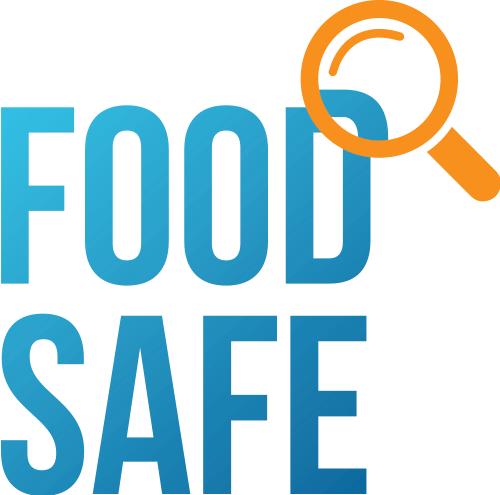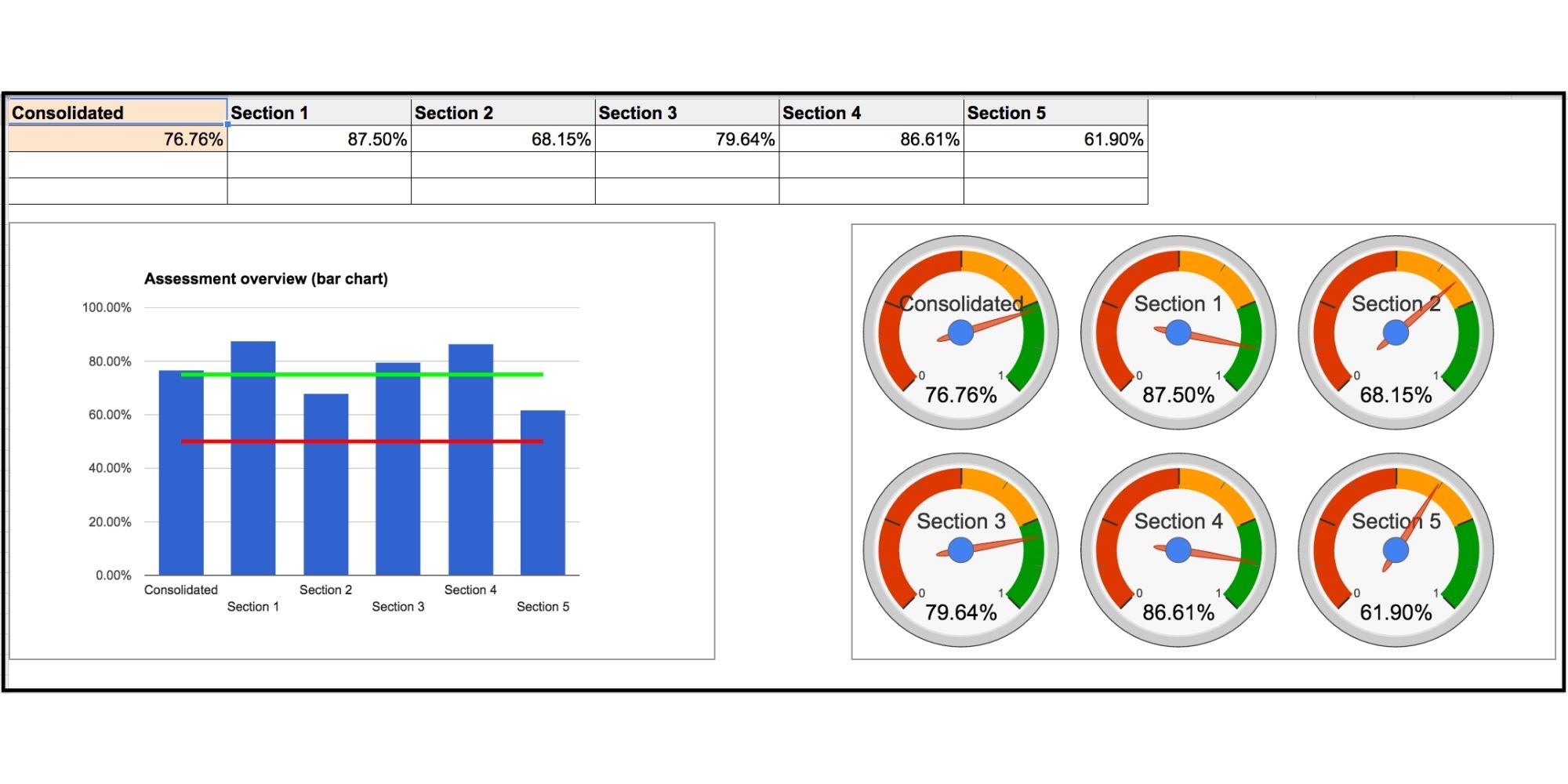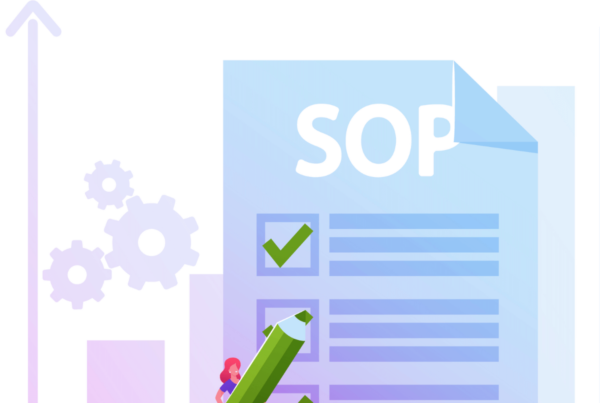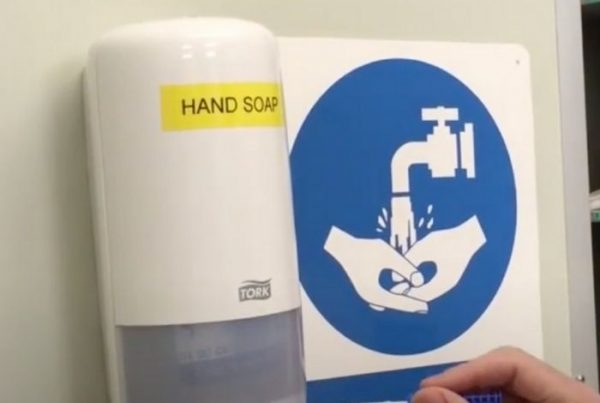What is Food Safety Culture?
In simple terms culture is about How, Why, and When we practice Food safety.
Why focus on Food Safety Culture?
Several global food safety investigations and reports, that have followed food safety breakdowns, such as the Listeria outbreak in the USA that killed close to 33 people in 2011 to the E-coli 0104-04 outbreak that killed over 20 people in Germany have recommended that food companies consider tracking and improving Food Safety Culture in addition to other risk control measures.
Many of these deaths, food safety scares and food re-calls were preventable if Food Safety Culture was a meaningful focus of food companies and senior managers.
So what is the challenge?
The challenge for management and food companies in addition to knowledge is, finding an easy-to-use tool to effectively measure Food Safety Culture, so this can be tracked and acted upon.
Is there a specific report related to a New Zealand context? A report that relates to New Zealand, that specifically details Food Safety Culture and its importance as a lesson for sector-wide improvement is the ‘Whey Protein Concentrate Contamination Incident Report’ and a page extract from the document, details some of the points below. Source: Government of New Zealand
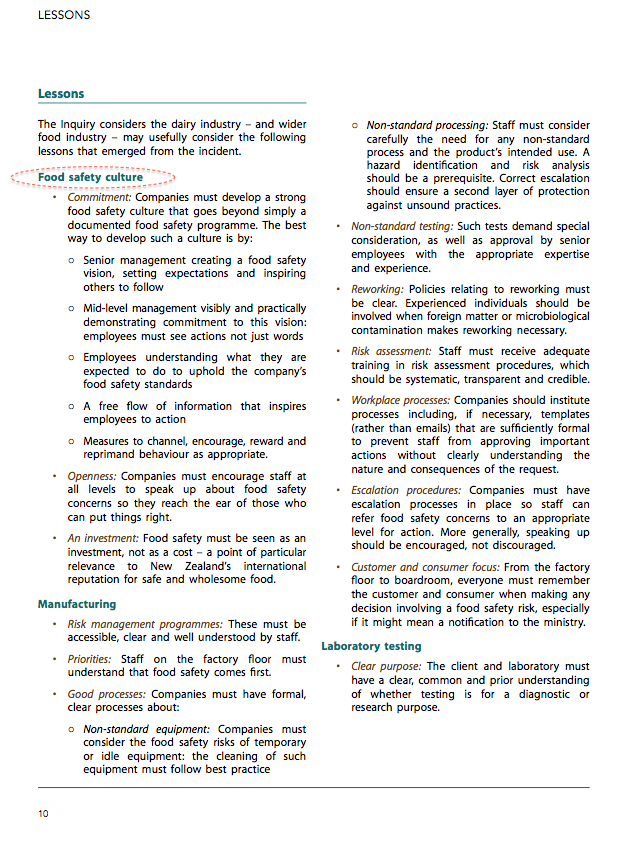
So what influences Food Safety Culture and why measure it?
Here is a presentation about Food Safe’s innovative analysis tool that helps explain what culture means and how a company can and should measure Food Safety Culture.
What the front-end of Food Safe’s Analysis Tool looks like:
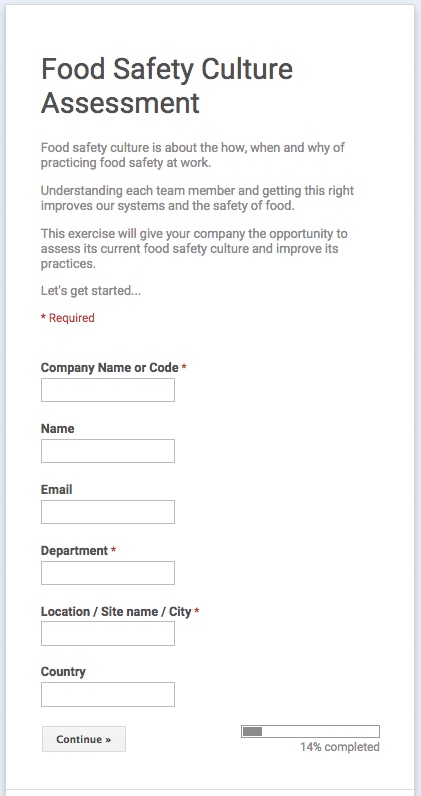
Interested in the full report to better understand the context?
Author: Government Inquiry into the Whey Protein Concentrate Contamination Incident
Date of publication: November 2014.
Place of publication: Wellington, New Zealand ISBN: 978-0-473-30935-0
Note: The purpose of this blog and the main reason for highlighting a page of the report above is to focus trainee and management attention to lessons that can be learned and how continuous improvements can be made, rather than drawing attention to a specific company.
Inquiry members:
The three Inquiry members are Miriam Dean CNZM QC (chair), Tony Nowell CNZM and Dr. Anne Astin PSM.
Miriam Dean CNZM QC
Miriam Dean has extensive governance and commercial litigation experience. A former partner at Russell McVeagh, she is a Queen’s Counsel whose practice focuses on commercial, competition, and consumer law, arbitration, and mediation. She was also recently the lead reviewer for the 2012 Review of the Crown Law Office. She is currently chair of both New Zealand on Air and the Banking Ombudsman Scheme. She is also a director of Crown Fibre Holdings, the Government’s investment vehicle responsible for managing the introduction of ultra-fast broadband to urban areas, and the Auckland Council-controlled organisation managing the Council’s investment portfolio. Ms. Dean is a former president of the New Zealand Bar; previously also a member of the Auckland Transition Agency, the government’s Electricity Market Review, and the IANZ Council.
Tony Nowell CNZM
Mr. Nowell has extensive governance, food standards, and export sector experience. He is currently the chair of Scion (New Zealand Forest Research Institute Ltd), a director of Food Standards Australia New Zealand, New Zealand Food Innovation Auckland, and the National Export Advisory Board. A past chair of the New Zealand Food and Grocery Council and the former Chief Executive of Zespri International Ltd, he also previously held senior management roles with Griffin’s Foods Ltd and Sara Lee Corporation. He co-chaired the New Zealand Government’s Food and Beverage Task Force in 2005 and currently represents New Zealand on the APEC Policy Partnership for Food Security.
Dr. Anne Astin PSM
Dr. Astin has extensive scientific and management experience, including 10 years as the Chief Executive Officer who developed, established, and led the start-up of a government statutory authority for dairy food safety in Victoria, Australia. The Inquiry is supported by a legal advisor, Simon Mount, and two policy advisors, Mark Patchett and Sally Johnston.
Independent peer reviewer: Professor Alan Reilly
Professor Reilly, Chief Executive of the Food Safety Authority of Ireland, has agreed to act as an expert peer reviewer for the Inquiry’s reports. Professor Reilly has worked for more than 30 years in the area of food safety. Before taking up his current role, he worked in the Food Safety Programme of the World Health Organization in Geneva. He is also the chairman of the Scientific Advisory Board of the European Food Information Council.
Eager to know more?
Give us a ring on 0800 003 097 or email us at [email protected] and we’ll show you how you too can benefit from our world-leading tool that can measure Food Safety Culture.
